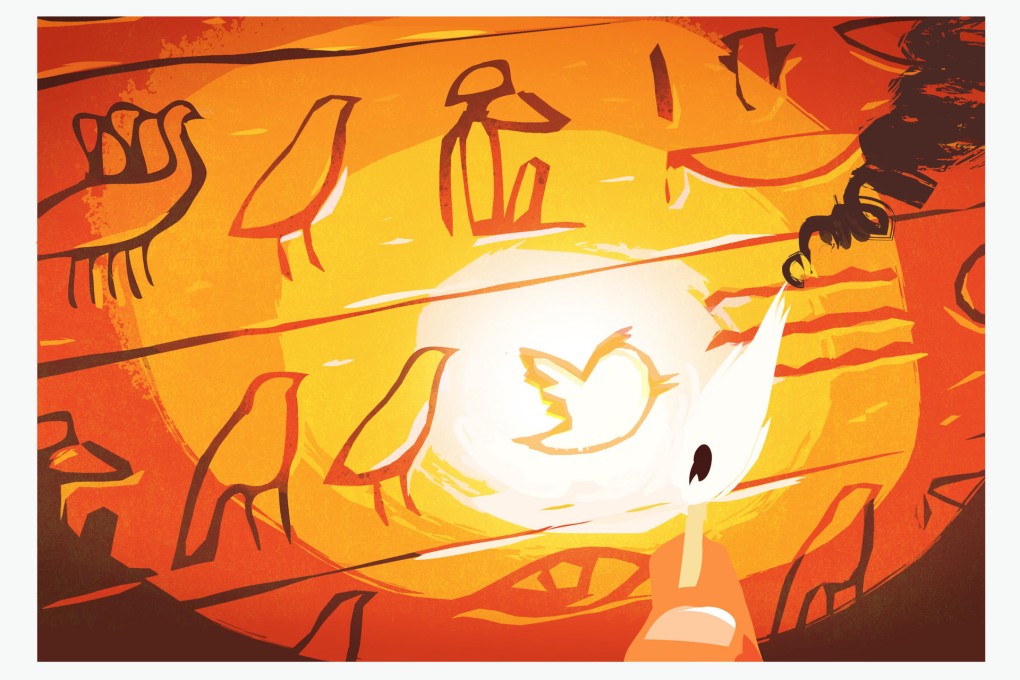
Historians are normally to be found leafing through dusty books, searching forgotten library archives or buried in archaeological digs, but this may not be the case for much longer.
Reams of historical documents have already been digitised, but what about our generation's "born-digital" e-mails, e-books, word-processed documents, spreadsheets and databases that will only ever exist electronically? Researching ancestors could soon be more about tracing tweets than birth or death certificates. So, is the preservation of personal information as much a matter of historical record as it is of privacy?
Digital data storage for both local and international archaeological excavation records is already commonplace, so much so that the data centres are fast becoming the new "sites" for archaeological excavation. "There are countless examples of archaeological excavations being re-evaluated through reviewing and restructuring of site archive material," says Quentin Drew, senior lecturer in archaeology at University of Wales Trinity Saint David, and an expert in digital archiving.
The argument goes that digitising historical papers encourages research and at the same time keeps the original documents untouched. "In the past, scholars would have sometimes had to travel long distances to access original copies at the holding library," says Nicholas Berg, head of strategic marketing at Cengage Learning, which digitises libraries' special collections. "By digitising these materials we are allowing scholars to explore these collections through sophisticated search and browse technology."
Even the physical data centre itself - the keeper of "the cloud" - has an important role to play in world history. "As archaeologists it's not just the content of those data centres that will be important to us. It's also the centres themselves - the technology, the environment in which they're housed and the physical infrastructure," says Kate Devlin, who has written extensively on digital archiving and lectures at the department of computing at Goldsmiths University of London. "Today's data centres could tell us as much about our culture as the information they contain."
However, such data centres - built to house petabytes of data and internet traffic - can't expand forever. "The reality is that we are currently creating this data at unprecedented rates," says Devlin, who insists that technology isn't moving as fast as we think; we must be selective about what data is kept in the long term. "It's hard to know what will be useful to future generations but there's something delightful about catching a glimpse of the mundanity of everyday life in the past," she says. "It's a powerful thing to be able to relate in that way to someone who has lived hundreds or thousands of years before you."